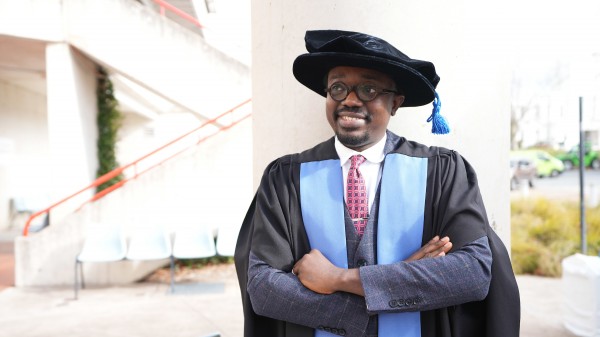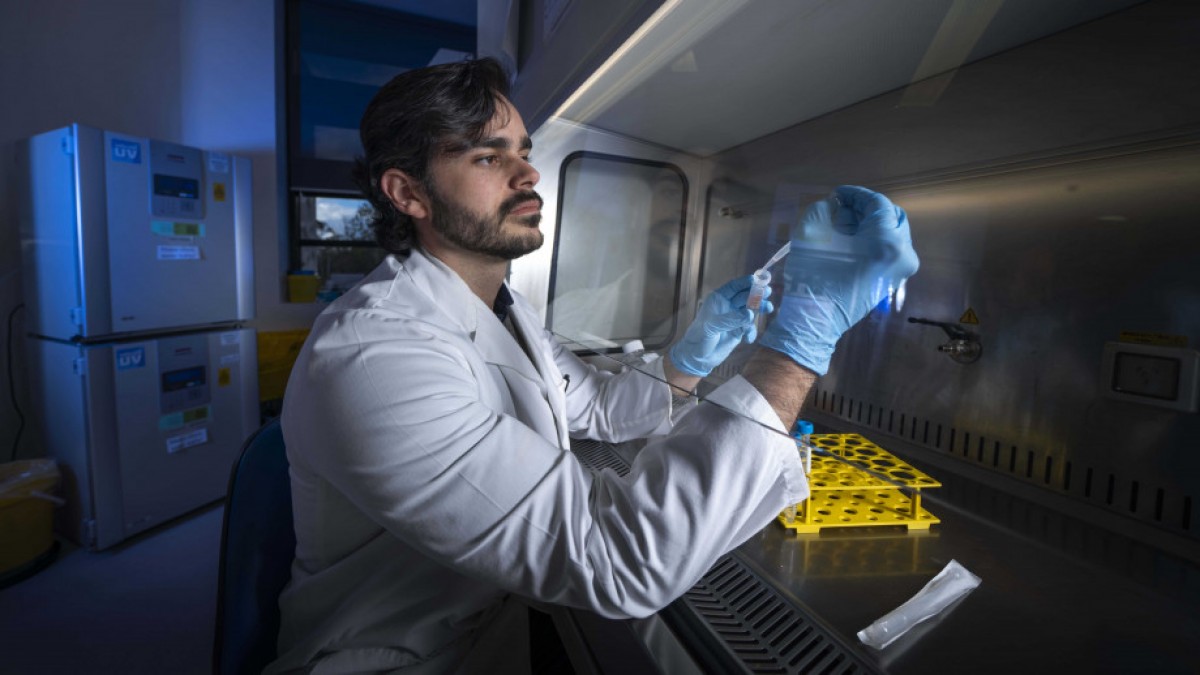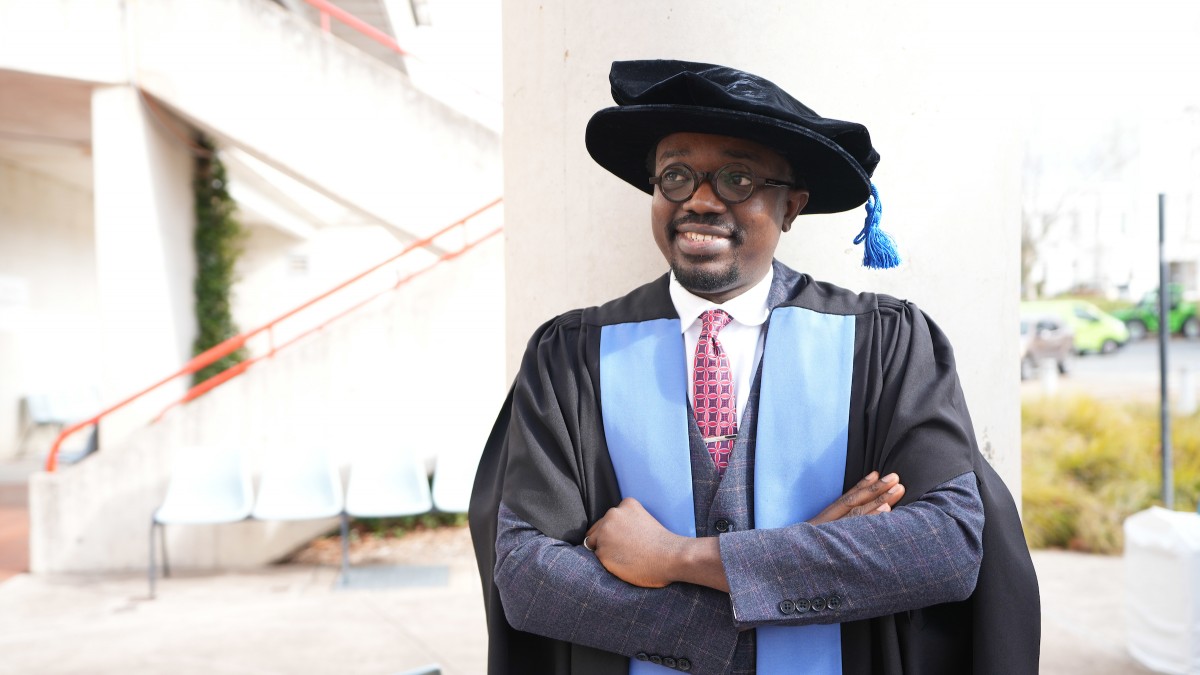A new cell type that could stop allergies before they begin has been discovered by researchers at The Australian National University (ANU).
The finding gives hope to people who live with a range of allergic conditions including asthma, eczema and life-threatening anaphylaxis.
"By carefully studying the tonsils of children undergoing routine tonsillectomies, we identified a new cell type of the immune system that may help prevent allergies," said lead researcher and PhD scholar Pablo F Canete.
"In allergic individuals, the immune system thinks that harmless particles like peanuts, dust or common allergens are a threat.
"The immune system then mounts a response which manifests itself from mild localised symptoms like a runny nose during hay fever season, to very aggressive systemic inflammation like anaphylaxis."
For people with allergies, when the immune system overreacts to allergens - like pollen, dust or peanut butter - it produces antibodies called Immunoglobulin E, (IgE).
The IgE antibodies then trigger a chain of events that result in allergic reactions.
"Our study shows this previously unknown cell prevents the formation of IgE, which is the key trigger of allergic conditions," said Mr Canete, who is based in the ANU John Curtin School of Medical Research.
"The cell stops the very first step in causing an allergic disease.
"If you don't have excessive IgE levels, you generally do not develop allergies."
Australia has one of the highest rates of allergies in the world and rates are increasing.
"Around one-in-five Australians suffer from some form of allergic condition and there is a full spectrum of allergic diseases," said Mr Canete.
"We know how these diseases work but we know very little of how the immune system suppresses or regulates allergic diseases."
The discovery could create a new approach for future allergy treatments.
"It is a new way of thinking about allergies and treatment. This cell has a profound effect on the first part of the allergic reaction," said Mr Canete.
The research was conducted in the laboratory of Professor Carola Vinuesa at the John Curtin School of Medical Research and funded by the National Health and Medical Research council (NHMRC).
"This breakthrough could help to develop therapies that are more targeted," said Professor Carola Vinuesa, Co-Director for the Centre for Personalised Immunology at ANU.
"Instead of antihistamines, which help deal with allergic reactions, we could potentially modulate the immune system and stop the reaction before it even begins."
The team analysed more than 200 tonsil tissue samples, including a cohort of 50 blood samples from the same tonsils, donated by children undergoing tonsillectomies.
"All I have is gratitude for these children and their parents, as without them this important discovery would not have been possible," said Mr Canete.










